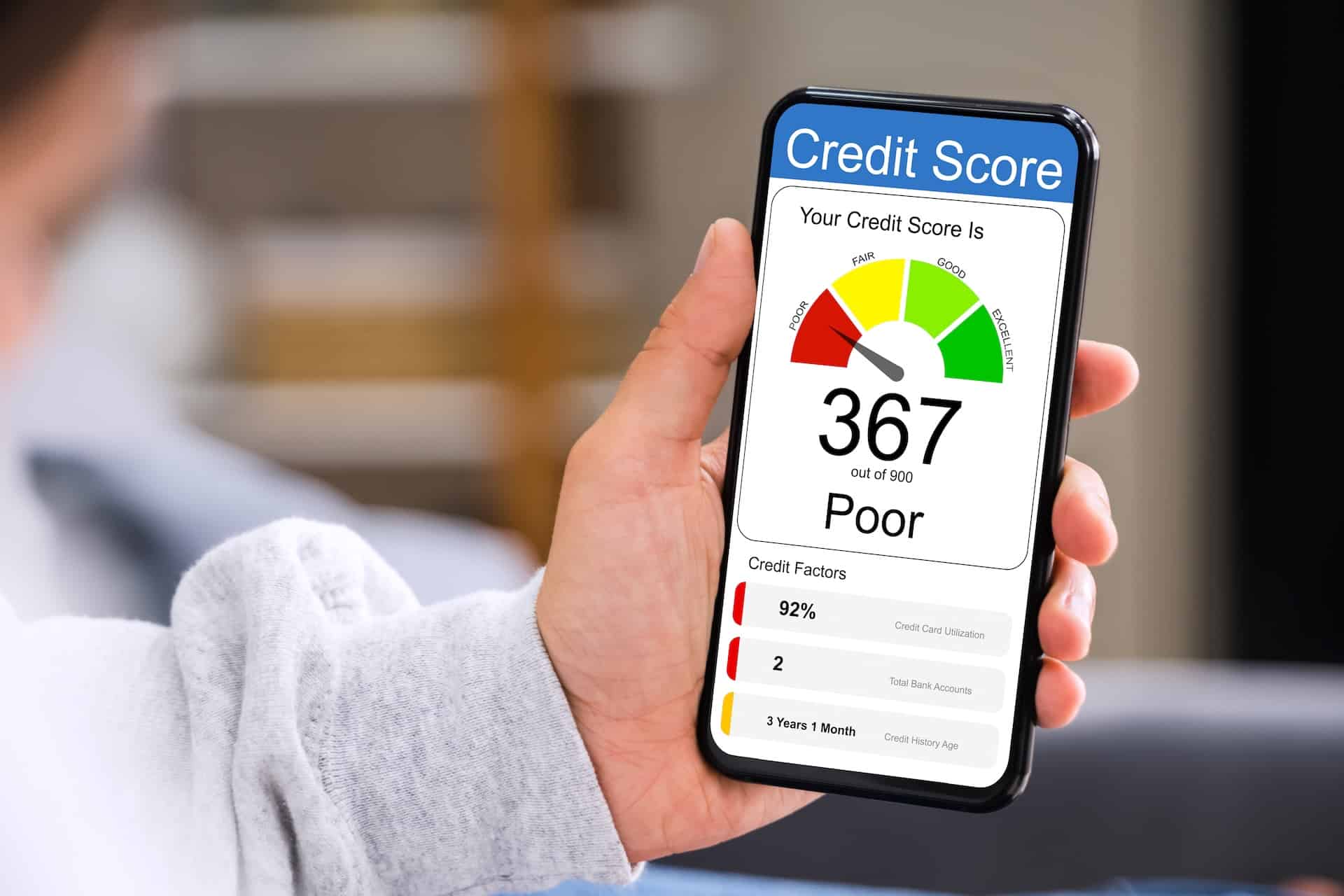Credit Sesame’s personal finance weekly news roundup September 10, 2022. Stories, news, politics and events impacting the personal finance sector during the last week.
- Russian gas shutdown could worsen inflation problem
- Student loan forgiveness may have tax consequences
- Banks join effort to lend to low-credit consumers
- Bed Bath & Beyond situation turns from troubled to tragic
- Service sector of U.S. economy shows third quarter growth
- Experian tests including rent payments in credit scores
- Mortgage rates now highest since 2008
- Consumer debt continues to climb
1. Russian gas shutdown could worsen inflation problem
The price of natural gas in Europe jumped by 30% on September 5, potentially adding more fuel to high inflation. Russia triggered the sudden price rise by shutting down the Nord Stream 1 gas pipeline to Europe. European officials accuse Russia of manipulating the gas supply in retaliation for sanctions against Russia because of the war with Ukraine. Russia claims that those sanctions have interfered with maintenance of the pipeline, creating a need to shut it down. In any case, the sudden drop in supply caused an immediate spike in prices. While Europe was most directly affected, price changes of global commodities could be felt around the world. See full article at Reuters.com.
2. Student loan forgiveness may have tax consequences
The Biden administration’s forgiveness of student loan debt may create a tax liability for some borrowers. That liability would stem from state income tax, depending on where the borrower lives. Normally, when debt is forgiven the amount that’s written off is considered income for tax purposes. That makes it taxable, but the federal government is waiving those taxes in the case of the student loan forgiveness program. However, state taxes may apply in some cases. While several states have also waived their taxes in connection with this program, some have chosen not to. Others haven’t decided yet. Mississippi and North Carolina have announced that forgiven student loan debt will be taxable in their states. Arkansas, Minnesota, West Virginia and Wisconsin are still undecided about the tax treatment. See full article at CNBC.com.
3. Banks join effort to lend to low-credit consumers
A number of high-profile banks are working with the Comptroller of the Currency on a program to extend credit to individuals who don’t have good credit scores. In some cases, the consumers are “credit invisibles” who haven’t generated the type of transactions that go into a credit history. As part of the program, banks are looking at other account and payment data in place of traditional credit scores. In some cases they are also lowering credit standards and down payment requirements. National banks participating in this effort include Citigroup, Bank of America, JP Morgan Chase, Wells Fargo and USBancorp. See full article at WSJ.com.
4. Bed Bath & Beyond situation turns from troubled to tragic
Retailer Bed Bath & Beyond’s stock has been plummeting lately due to the company’s financial troubles. The company recently announced that it will be closing 150 stores and laying off 20% of its workforce. It will also attempt to float a new stock issue worth about $100 million dollars. The gravity of the company’s problems were underscored when its Chief Financial Officer committed suicide on September 2. The problems of Bed Bath & Beyond have upset investors beyond those who own the company’s stock because the its troubles highlight the risks of two prominent investment trends: stock buybacks and meme stocks. See full article at Yahoo.com.
5. Service sector of U.S. economy shows third quarter growth
With two months of the third quarter of 2022 complete, an important indicator suggests the economy may have stopped shrinking. The Institute for Supply Management’s non-manufacturing Purchasing Manager’s Index rose for a second consecutive month in August. The rise in this index over the past two months represents a turnaround after it had fallen for three months in a row prior to that. This index is considered a key indicator for overall economic growth because it represents the service sector. That sector makes up over two-thirds of economic activity. See full article at Reuters.com.
6. Experian tests including rent payments in credit scores
Experian, one of the three major credit bureaus, has launched a beta release that will add rent payments to the data used to calculate credit scores. Under the program, rent payments will be included in the payment history that goes into the FICO 8 credit score. The FICO 8 score is one of the most widely-used credit scores, and payment history is the largest single component of it. Rent payments will be included if they are made to one of 1,500 participating property management companies or through certain rent payment platforms. To have their rent payments count toward their credit scores, consumers have to create an account with Experian, which can be done for free. See full release at BusinessWire.com.
7. Mortgage rates now highest since 2008
30-year mortgage rates rose for the fourth time in five weeks. At 5.89%, 30-year fixed-rate mortgage rates are now the highest they’ve been since late 2008. Mortgage finance company Freddie Mac notes that as rates have risen, differences between rates offered by different lenders have widened. That means there’s more money borrowers can potentially save by shopping around. See full data release at FreddieMac.com.
8. Consumer debt continues to climb
The Federal Reserve reported that non-mortgage consumer debt rose by $23.8 billion in July. While that’s less new debt than June’s $39.1 billion, it still reflects a growing inflation-driven debt burden for consumers. What’s worse is that credit card debt grew at a faster pace than loan debt. Credit card debt is generally more expensive, which adds to the pressure inflation is putting on household budgets. See full story at Morningstar.com.




















